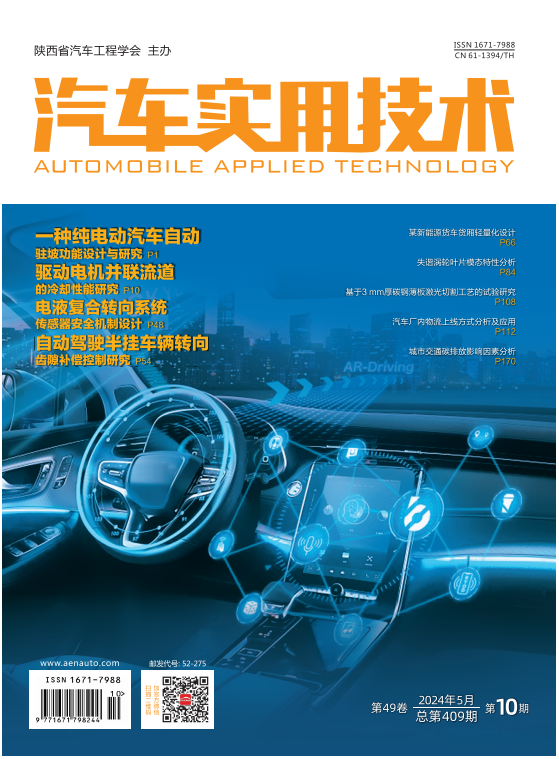|
|
Analysis of the Influencing Factors of Carbon Emissions from
Urban Transportation
GONG Juezhuoma
2024, 49(10):
170-174.
DOI: 10.16638/j.cnki.1671-7988.2024.010.036
In the context of achieving "peak carbon" by 2023, the urban transportion sector has
become a major contributor to carbon emissions. In order to alleviate the environmental impact of
urban transportation carbon emissions, this paper uses the "down-top method" to measure the carbon
emissions of urban transportation in Lhasa from 2013 to 2022, and selects the factors that have a high
impact on carbon emissions, such as the total population, gross domestic product (GDP), motor
vehicle ownership, and passenger and freight turnover of Lhasa, and analyzes the influencing factors
by using the partial least squares regression analysis model. Therefore, it is concluded that freight
turnover, motor vehicle ownership, passenger turnover, and gross national product have a promoting
effect on carbon emissions, while the impact of local tourists, total population, and public transport
passenger volume is relatively low. Therefore, energy conservation and emission reduction measures
are proposed accordingly, which provides a favorable reference for the influencing factors of urban
transportation carbon emissions in other regions.
References |
Related Articles |
Metrics
|

